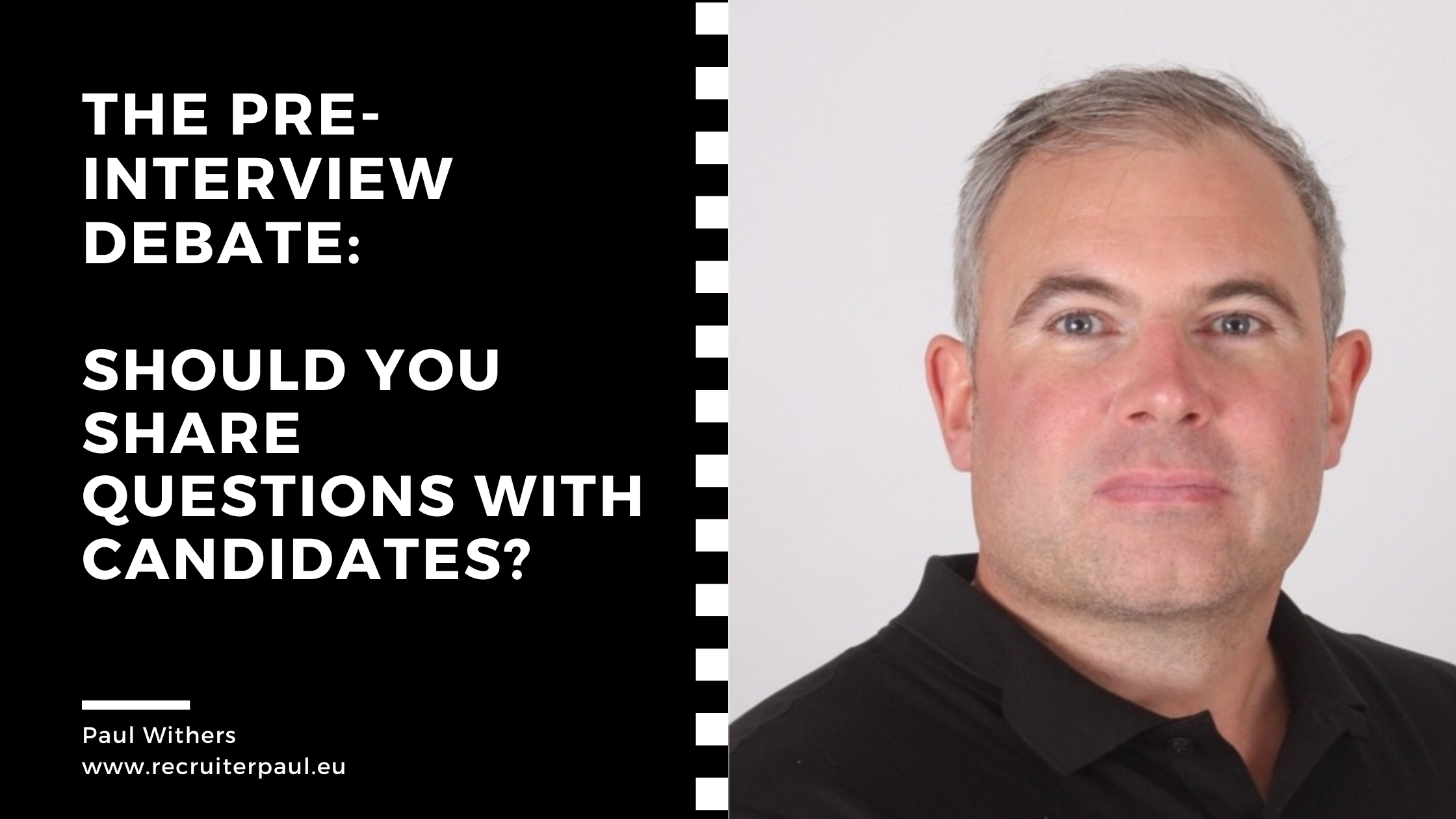Should You Share Interview Questions with Candidates?
Interviews are a key part of the hiring process, giving employers the chance to evaluate a candidate’s skills, qualifications, and overall fit. One growing trend is providing candidates with interview questions in advance, but this practice has sparked debate among HR professionals. In this post, we explore the pros and cons to help you decide whether it’s right for your organisation.
Advantages of Sharing Interview Questions Ahead of Time
Reduced Anxiety and Better Performance
Giving candidates the chance to review questions before the interview can lower their anxiety. When candidates know what to expect, they can prepare properly, which often leads to better performance. This preparation enables them to present their skills and experience more effectively, without the pressure of being caught off guard.
Fairer and More Inclusive
Providing questions in advance can help level the playing field. It gives all candidates an equal chance to prepare, which is especially helpful for those who may struggle in high-pressure settings. This practice can also support inclusivity, particularly for candidates with disabilities, neurodivergent individuals, or those for whom English is not their first language.
More Efficient and Focused Interviews
When candidates are well-prepared, interviews tend to flow more smoothly. With less time spent on basic qualifications, the discussion can focus on deeper insights. This leads to more meaningful conversations, allowing interviewers to gain a clearer understanding of a candidate’s skills and how they align with the role.
Disadvantages of Sharing Interview Questions Ahead of Time
Risk of Rehearsed Responses
A key concern is that candidates may give answers that feel rehearsed, rather than showing their natural thought processes or true capabilities. This can hinder the flow of conversation and make it harder to assess how candidates handle unexpected questions or think on their feet.
Potential for Unfair Advantage
If only some candidates are given the questions in advance due to oversight, it can create an unfair advantage. Over-prepared candidates might also outshine others who are equally qualified but less rehearsed, potentially skewing the hiring process.
Limited Insight into Problem-Solving Skills
Certain roles require quick thinking and problem-solving under pressure. Giving questions in advance might not give an accurate picture of a candidate’s ability to perform in such situations. Spontaneous interactions can reveal qualities like creativity and adaptability, which might be missed if answers are overly planned.
Finding a Balanced Approach
There’s no one-size-fits-all answer when it comes to sharing questions in advance. The decision depends on the role, your organisation’s culture, and the specific needs of your candidates. To strike a balance, consider a hybrid approach: provide some questions in advance while keeping others spontaneous. This allows candidates to prepare while still giving you the chance to assess their real-time problem-solving abilities.
Conclusion
The decision to share interview questions in advance is a nuanced one. While it can reduce anxiety and promote fairness, it may also lead to rehearsed responses and limit insight into how candidates perform under pressure. By weighing the pros and cons carefully, HR professionals can tailor their interview process to best suit their needs and those of the candidates, creating a fairer and more effective hiring process.
Thank you for visiting me at www.recruiterpaul.eu
If you would like to talk with me, please contact me here
My current Recruit Projects include:
The HR Guys | Interim HR Network | European Recruitment Company

